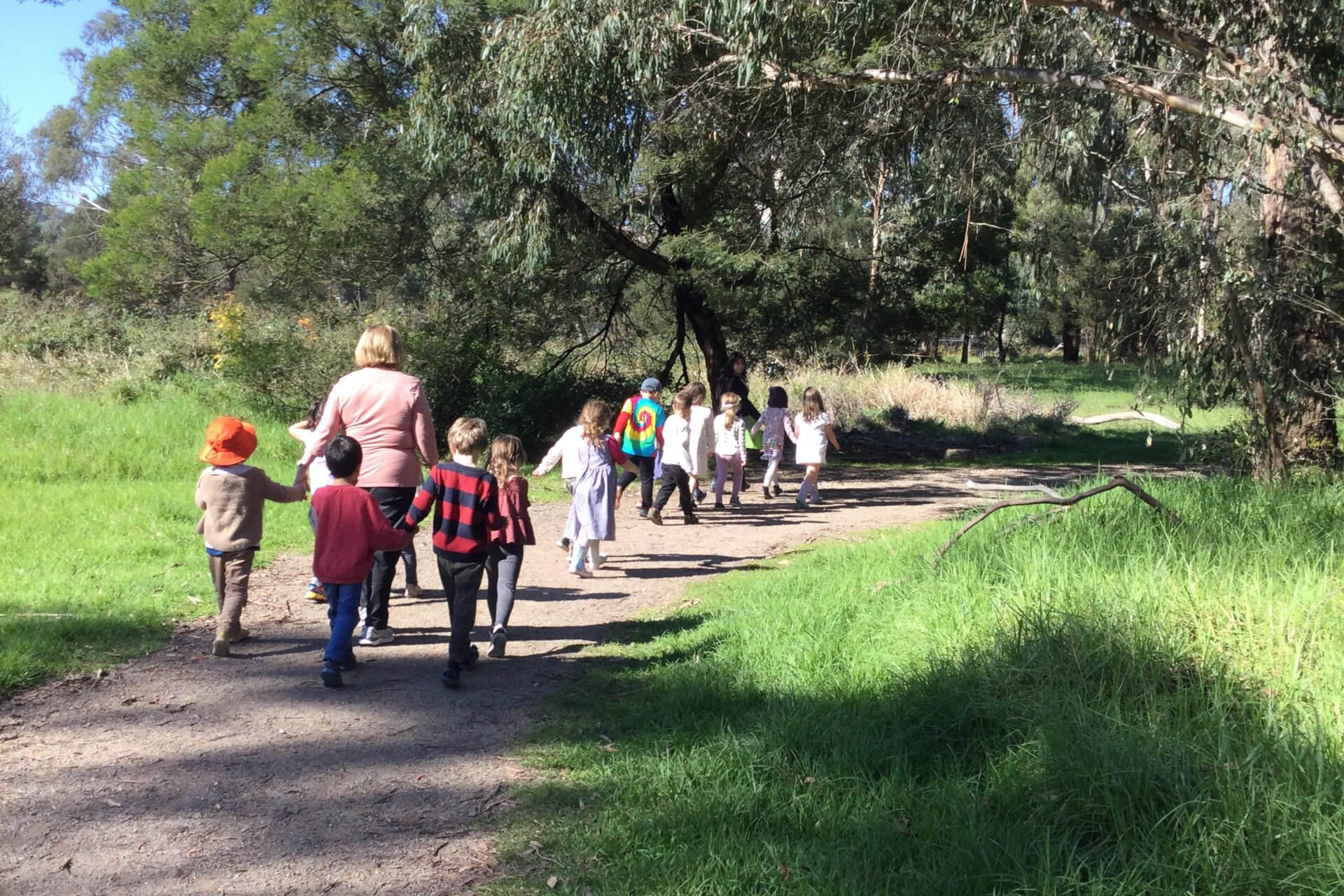
Life Skills for our Learners
We help your child shape their character and succeed in the modern world.
Developing strong life skills allow your child to make the most out of their life.
We aim to equip children for life by giving them real chances to try out life situations in an environment which supports them in their efforts, accepts them if they don’t make it the first time and gives them the skills and confidence to try again and succeed.
By teaching our children life skills as part of our everyday classroom activities, we give them everything they need to express their unique value in the world.
The importance of life skills
Strong academic skills are not enough to ensure our children’s success in life. As children grow and develop, and also as adults, there are key life skills that they will need in order to become independent, well-equipped people. Here are some of the most important life skills that we think your child needs to learn:
Resilience, Critical thinking, Making decisions, Self-discipline & control, Self-directed learning, Time management, Managing money, Self-assertion, Understanding others’ perspectives, Communication, Managing relationships, Health & well-being, Safety & respect, Etiquette & social expectations, Travelling & navigation, Technological competence, Cooking, shopping, washing, cleaning & other chores
And the good news is that these skills can be taught through everyday activities, both at home and at school.
Our 5R’s life skills program
As part of our 5R’s for Character program, we provide a wide range of situations that support students to develop the life skills that will shape their character and serve them for years to come.
We foster thinking and problem solving skills as a way of preparing our students for adult life. Predicting, checking, monitoring, and ‘mind mapping’ are successful and relevant ways of dealing with information and technology in today’s society.
We integrate life skills into all of our learning activities where possible, so that our students have plenty of opportunities to naturally strengthen their abilities.
The five R’s for character are:
-
An important aspect of our philosophy is growing responsibilities as the child grows.
This includes:
- becoming more responsible for one’s own learning, and
- becoming more responsible for one’s behaviours and actionsThe aim is for children to develop internal discipline. Through this a real sense of self-respect is gained.
-
Problem solving, creative thinking and initiative are commonly named as the tools for jobs of the future.
Village School children are taught to look for answers and solutions rather than be given them.
The school gives children time and ready access to computers, the library, telephone, other staff members and any other resources in their pursuit of answers and solutions.
-
Interdependence is striking the right balance of co-operation and independence.
It involves people relying on each other to do their individual parts.
Our school farm and the whole school performance are two examples of important activities at Village School that foster reliability and genuine community spirit.
-
Resilience is all about picking oneself up after a negative experience or a mistake and knowing that you can go on.
Village School’s learning approach recognises that mistakes are valuable learning experiences and encourages children to see their own and other’s in this light.
-
Lessons in respect for all living creatures, reliance and responsibility are taught in very real ways, especially through the Village School farm.
Respect for and commitment to the environment is also encouraged through the outdoor planting and nature study activities.
Adults and children address each other on a first name basis as a way of showing mutual respect and reinforcing that everyone is valued as a worthwhile individual.
You’ll find our children are more forthright, expressive, honest and well-spoken because we do give them a real voice in the Village School community.
Examples of life skills activities
To give you a better appreciation of how we teach life skills to our children, here are some examples of life learning in action.
-
In drama children are often grouped (5 or 6 each group) and they need to make up a scene which can be approved by all members of the group and it must involve all the members of the group.
Children need to be respectful of others’ ideas and abilities, resilient enough to take constructive criticism and resourceful as they try to address unresolved issues.
-
The big friend/little friend program teaches the children to show respect for those in a younger age group and to be responsible for keeping the younger child happy and enthusiastic.
Again they need to demonstrate resourcefulness when something is not working with the younger child.
-
Chairing meetings, either in the classrooms or the hall for the Whole School Meeting is a great responsibility.
They also need to be reliable, because these meetings have a format that the chair needs to direct.
All the children need to demonstrate respect for the chairperson and the processes of the meeting




